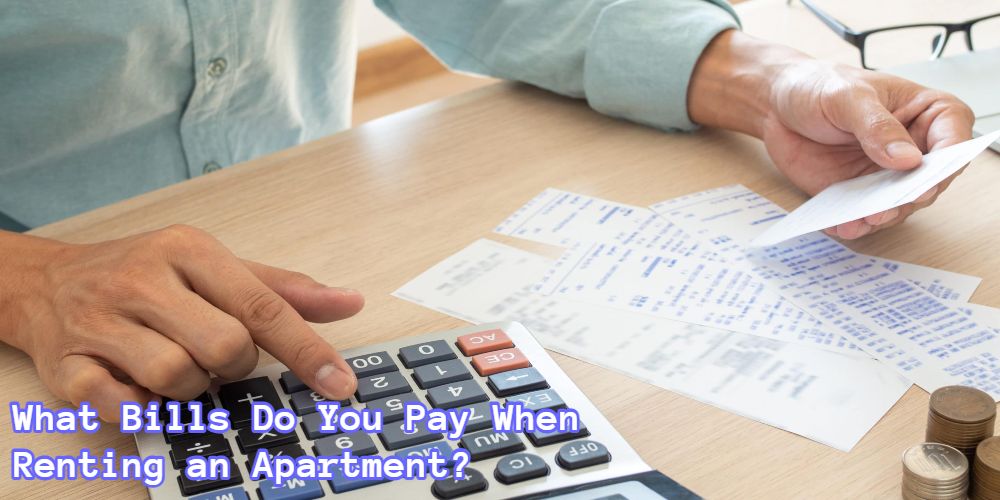Last Updated on December 2, 2021 by Kelvin Nielsen
Renting your first apartment can be an exciting experience. For the first time, you’ll have the freedom to live as you please. However, since you probably don’t have any credit to show at 18 years, getting your dream apartment can be an uphill task.
As you probably know, most landlords will run a background check before renting you their home. And one thing they must check during this process is your credit report. Your credit report shows a highlight of how you’ve managed your finances for the past seven to ten years. By looking at it, the landlord can outrightly tell whether or not you can pay every month’s rent.
However, with the credit absent, they can’t even get a rough idea of your financial situation. Now, this can complicate things. But it doesn’t make getting the apartment impossible. Here’s how to get an apartment at 18 and without credit.
1. Prove your financial stability.
Though it doesn’t guarantee that you’ll get the home, you can stand on a better ground if you prove you have a steady income source. Landlords want tenants who can afford rent and if it’s apparent you make money, that can prove your financial capability.
So, how do you prove that you make sufficient income to rent the home? If you’re working with a company or institution, prepare copies of your latest 2-3 pay stubs and hand them in. If you’re self-employed, run a business, or do an irregular job such as freelancing, your bank statements should suffice. And you can also submit copies of your w-2 tax form to increase your chances.
That said, the amount of money you earn in a month should triple the rent amount. Most landlords employ the 3:1 principle to gauge the viability of tenants. And barely no landlord will risk renting a home to you if you don’t meet this requirement and have no credit.
2. Offer a larger security deposit.
When you don’t have credit, a potential landlord’s biggest fear is that you’ll bail on your rent payments. You can assuage their worry by offering to pay a higher security deposit. If, for instance, the deposit is equal to the rent, consider paying double. This way, you’ll prove you have sufficient income and repairs will be easy for the landlord should you cause significant property damage.
Besides a larger security deposit, you can sweeten the deal by paying the first three or four months’ rent upfront. Most landlords want a quick profit and, chances are, they won’t turn a blind eye to such a deal.
3. Offer to move in right away.
Landlords dread vacancies. Aside from generating zero income, vacant units are prone to theft, vandalism, fire damage, and a lot more. Understanding this very well, a landlord will be willing to take a little risk to fill the vacancy. So, let them know that you want to move in right away. If not so, put some money down and move in later on.
Pro-Tip
Some listing sites indicate the period a unit has been vacant. Go for the unit that has been on market for a notable longer period of time. Since the landlord has earned zero for quite some time, they could be desperate to have the vacancy filled up.
4. Get references.
If they can vouch for you, references can greatly influence the landlord’s decision to rent to you. So, if you have rented before, consider reaching out to that landlord for a reference.
On top of previous landlords, list your current employer, coworkers, clergymen, and, generally, people who know you, as well.
5. Rent from a small landlord.
You could stand a better chance if you bid individuals who rent single or a few units. Unlike property management companies, such landlords will often not run background checks on prospective tenants. This can make it easy to get the apartment.
That said, be professional when approaching them. Pen an application letter down, highlighting your income, lifestyle, pets, and general character. Also, tell them your reason for moving and whether or not you’ll have a roommate. If you appear viable in their eyes, you could win over the apartment.
6. Ask for a short-term lease.
Without credit, a landlord may question your commitment to a long-term lease. But if you request a shorter lease, ideally a month-to-month one, they might consider you. Landlords usually prefer a short-term lease because it gives them a certain level of flexibility in the kind of tenant they rent to. If you’re unable to fulfill your rent obligations, for example, they can simply kick you out.
7. Find a roommate.
Another trick that can come in handy when looking to get an apartment at 18 is finding a roommate. If you’re okay with sharing your personal space, give it a try.
But one thing to keep in mind is that the roommate should have a good credit score. Also, they should be willing to put the lease under their name. And they should also know that they’ll undergo a background check before moving in with you. With the many roommate-finding platforms, getting a roommate should be an easy task.
8. Find a guarantor.
If you don’t have credit, some landlords will rent to you with the condition that a guarantor will cosign the lease. In the event you can’t pay rent or other bills, they will chip in.
Now, a guarantor can be your parent, guardian, friend, or someone close to you who has a sturdy credit history. Since this is a big legal and financial responsibility, make them understand in advance what the lease requires of them. Also, let them know beforehand that they might have to undergo a screening process.
While finding a guarantor can make it easy for you to get an apartment, it should be the last resort. This is so because you won’t get a chance to build your credit. The next time you’re looking for an apartment, you’ll want the process to be as smooth and seamless as possible. That will only happen if you have a credit report to show. So, begin building your credit as early as now.
It is not impossible to get an apartment at 18 with no credit. All you need to do is present yourself as a financially stable and reliable prospective tenant. If you can’t prove it, you can have your parent, guardian, or friend cosign the lease.

Hi, I’m Kelvin Nielsen, an experienced landlord and accomplished real estate lawyer. My focus is on answering your questions about renting in the hopes of making your life as a renter or a landlord a bit easier.







